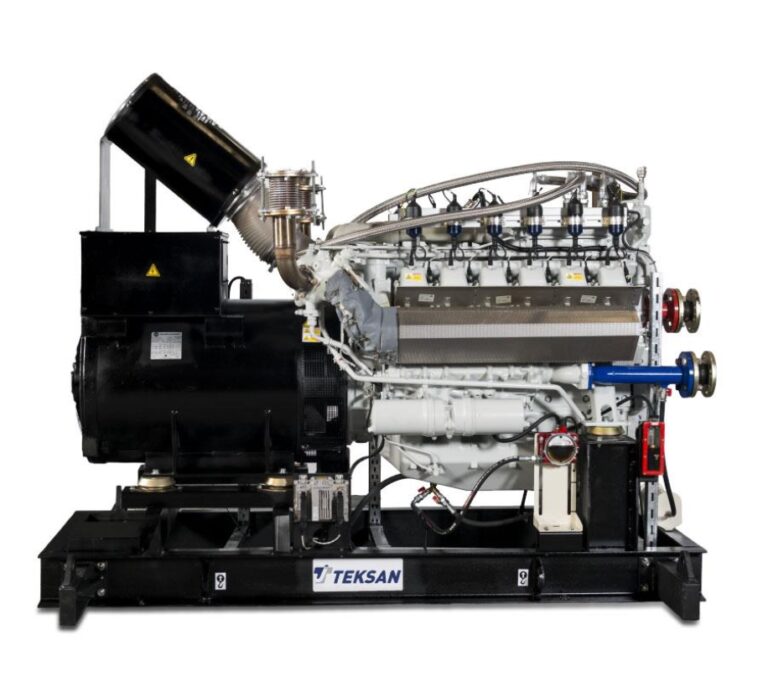Generator in essence, are machines that convert one form of energy into electrical energy. They play a vital role in our modern world, providing us with reliable power in various situations:
Types of Generators:
- Electric Generators: These are the workhorses of the electricity industry, converting mechanical energy from various sources like steam turbines, gas turbines, and water turbines into the electricity that powers our homes and businesses.
- Portable Generators: These smaller generators are used as backup power sources in situations like power outages, construction sites, and outdoor events. They typically run on fossil fuels like gasoline or diesel.
- Inverter Generators: A specialized type of portable generator, they offer cleaner and quieter operation compared to traditional models. They are suitable for sensitive electronics and camping trips.
How Do Generators Work?
The core principle behind all generators is based on electromagnetism. A simplified explanation involves:
- Magnetic field: A rotating magnet or electromagnet creates a changing magnetic field within the generator.
- Conductor: This can be a coil of wire or a rotating disc within the generator.
- Electromagnetic induction: As the magnetic field cuts through the conductor, it induces an electric current to flow in the conductor according to Faraday’s Law of electromagnetic induction.
Applications of Generators:
Generators have a wide range of applications, including:
- Power Grids: Large-scale electric generators form the backbone of our power grids, supplying electricity to millions of homes and businesses.
- Backup Power: Portable generators provide essential power during blackouts, allowing hospitals, businesses, and individuals to maintain critical operations.
- Remote Locations: In areas without access to the main grid, generators power homes, communities, and essential services.
- Construction Sites: Generators provide temporary power for tools, lights, and equipment during construction projects.
- Events and Entertainment: Generators supply power for sound systems, lighting, and equipment at outdoor events, concerts, and festivals.
Considerations When Choosing a Generator:
Choosing the right generator depends on your specific needs. Here are some factors to consider:
- Power Needs: Determine the amount of power (wattage) required to run your desired appliances or equipment.
- Fuel Type: Consider the availability and cost of different fuels like gasoline, diesel, or propane.
- Portability: If mobility is crucial, choose a generator with a suitable size and weight.
- Noise Level: Noise can be a concern, especially in residential areas. Opt for a quieter generator if noise is a factor
Generators play a vital role in our world, from powering our homes and businesses to providing essential backup and temporary power in diverse situations. Understanding their types, functionalities, and considerations for choosing the right one equips you with valuable knowledge to navigate your power needs effectively. https://www.teksan.com/en/generator/


